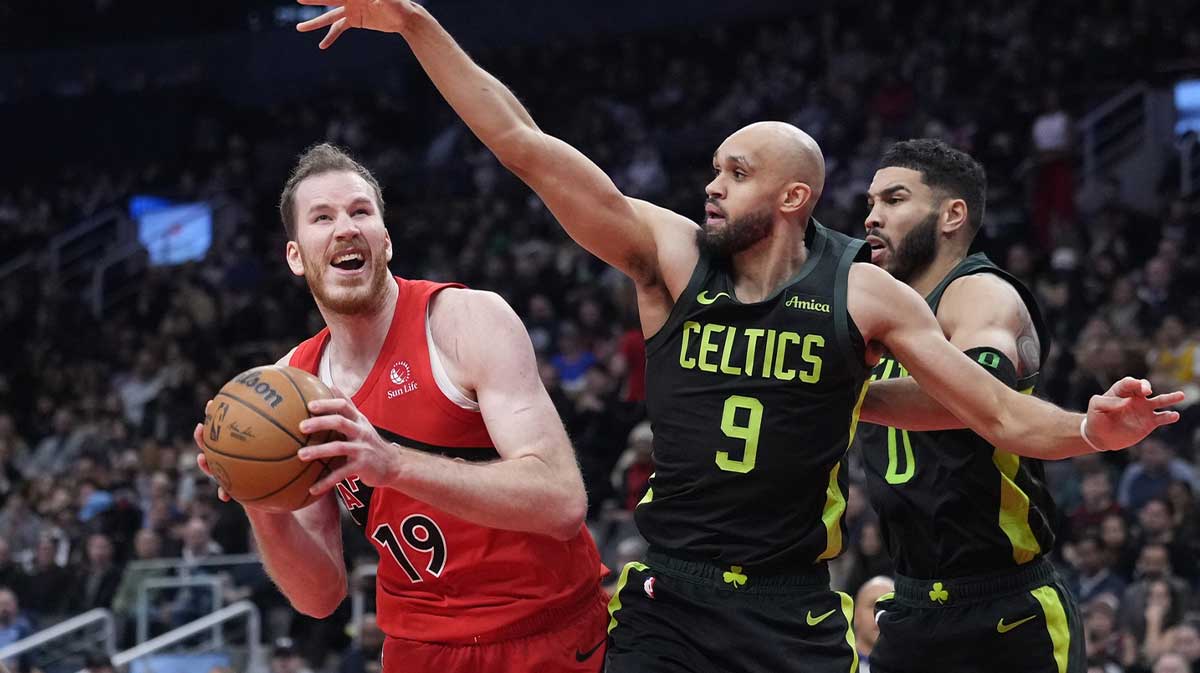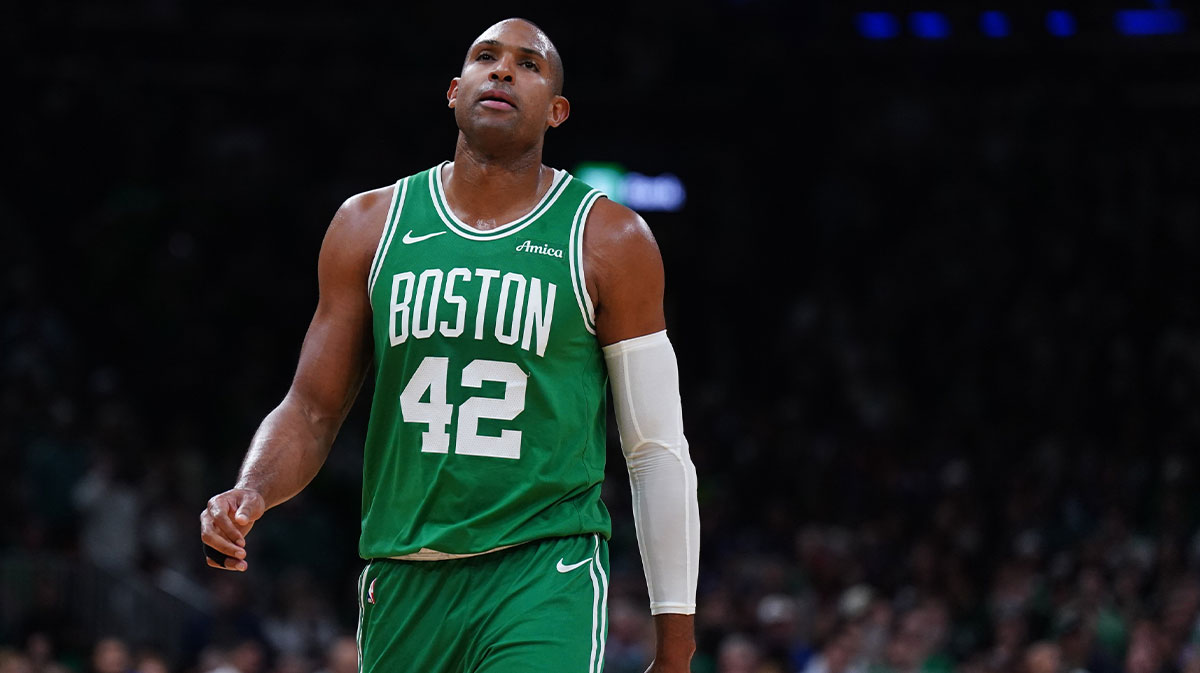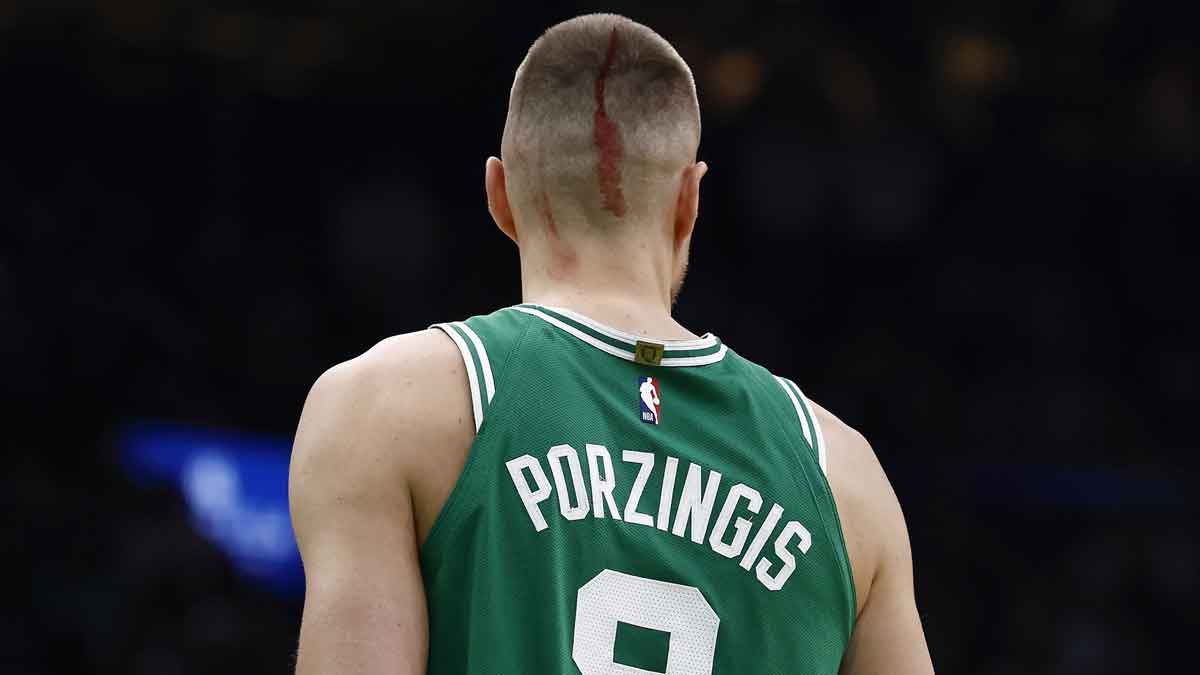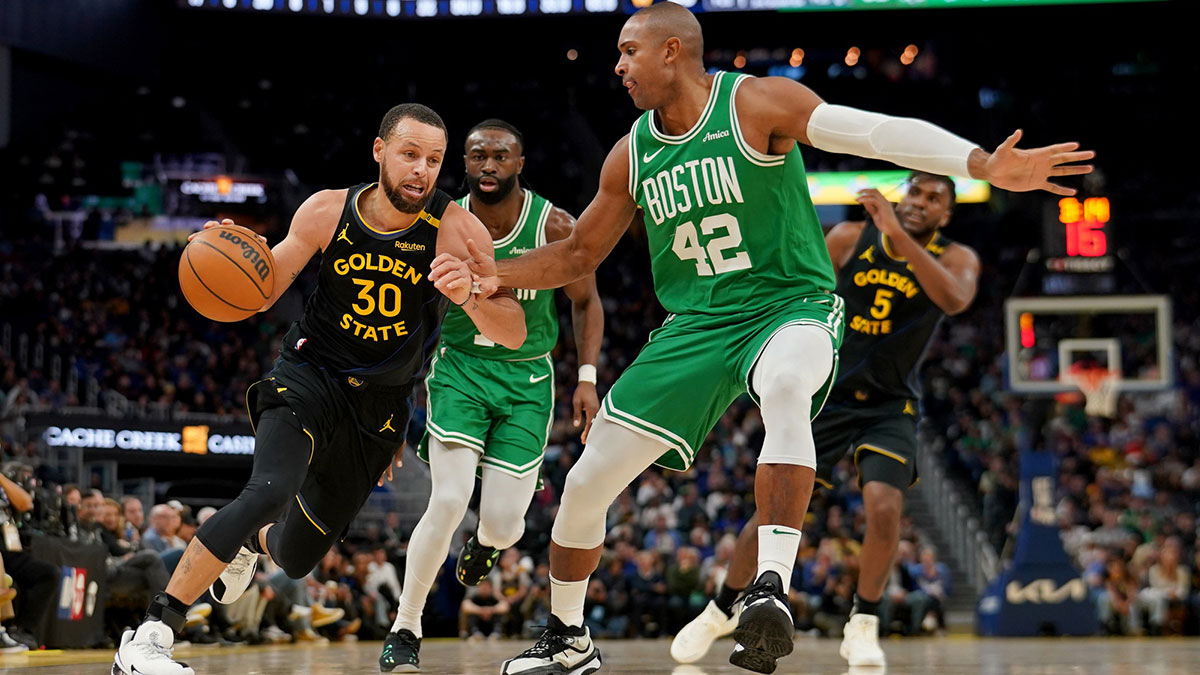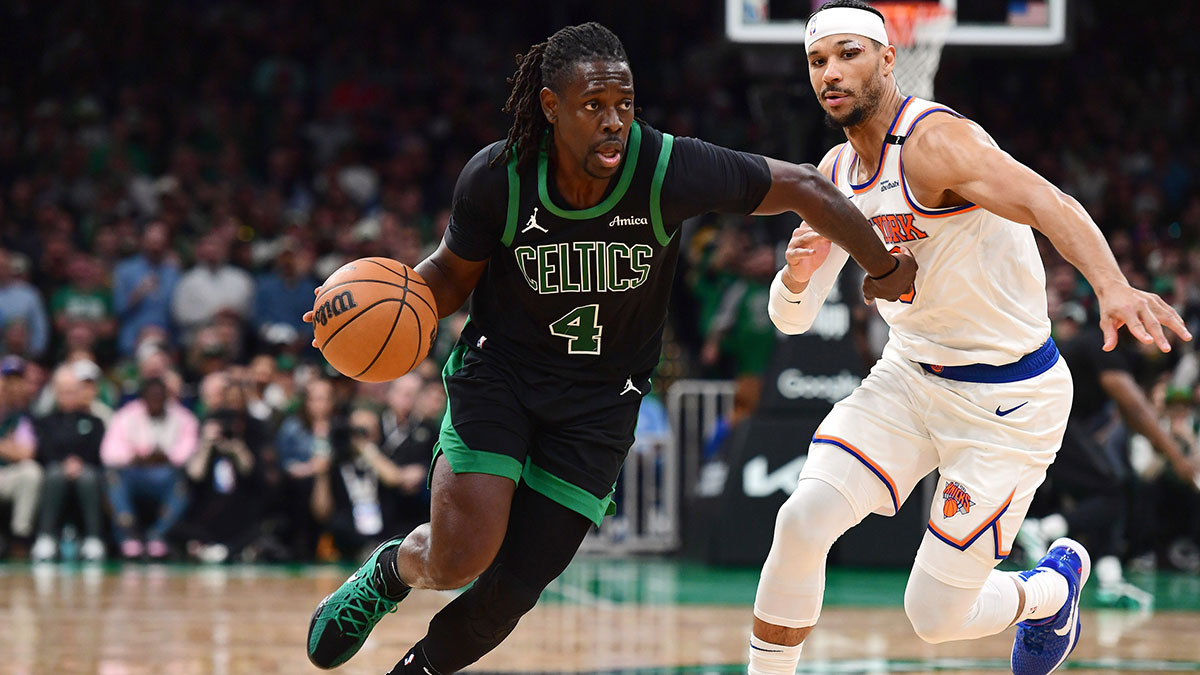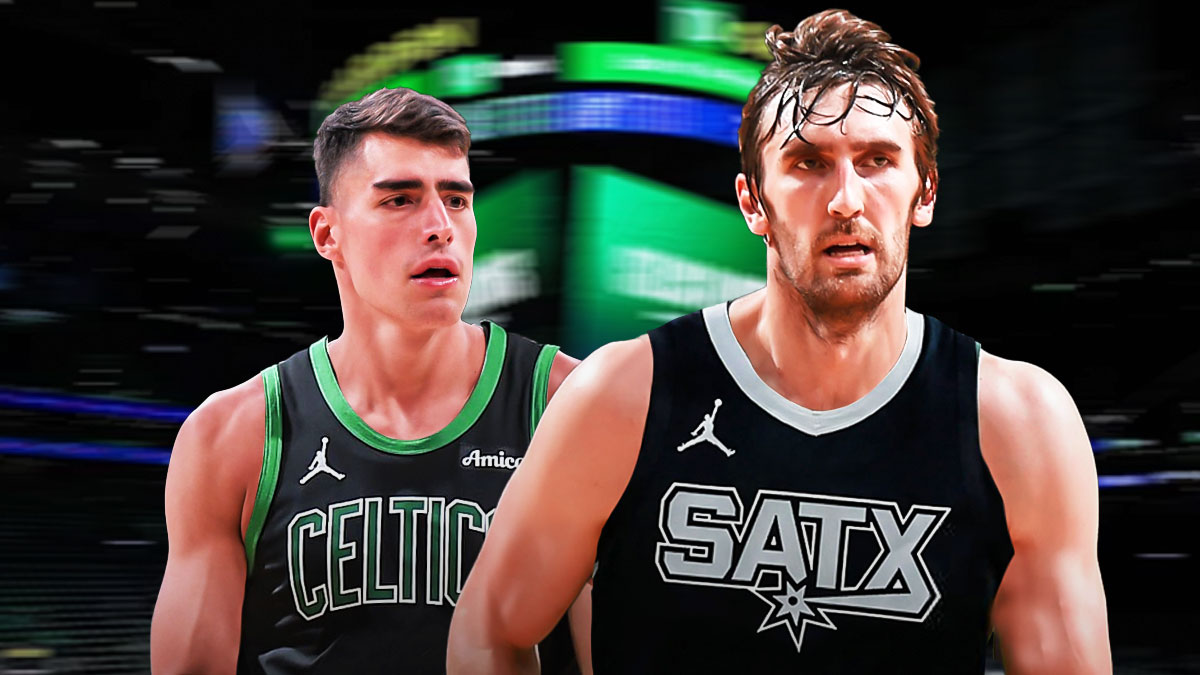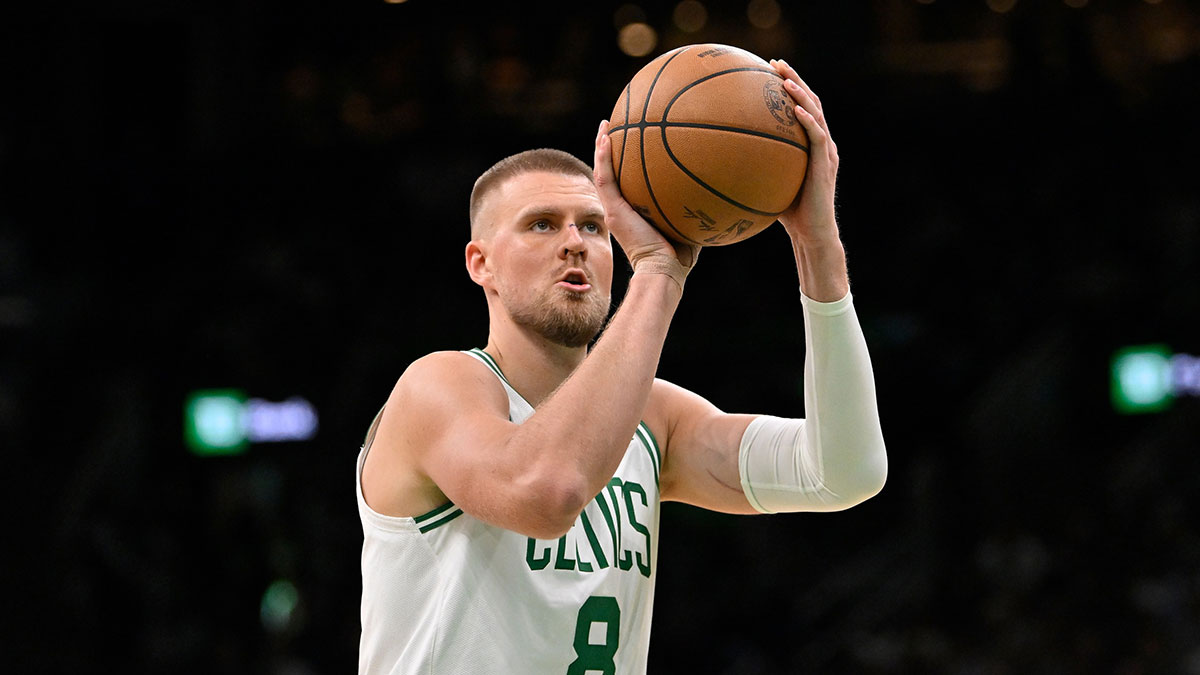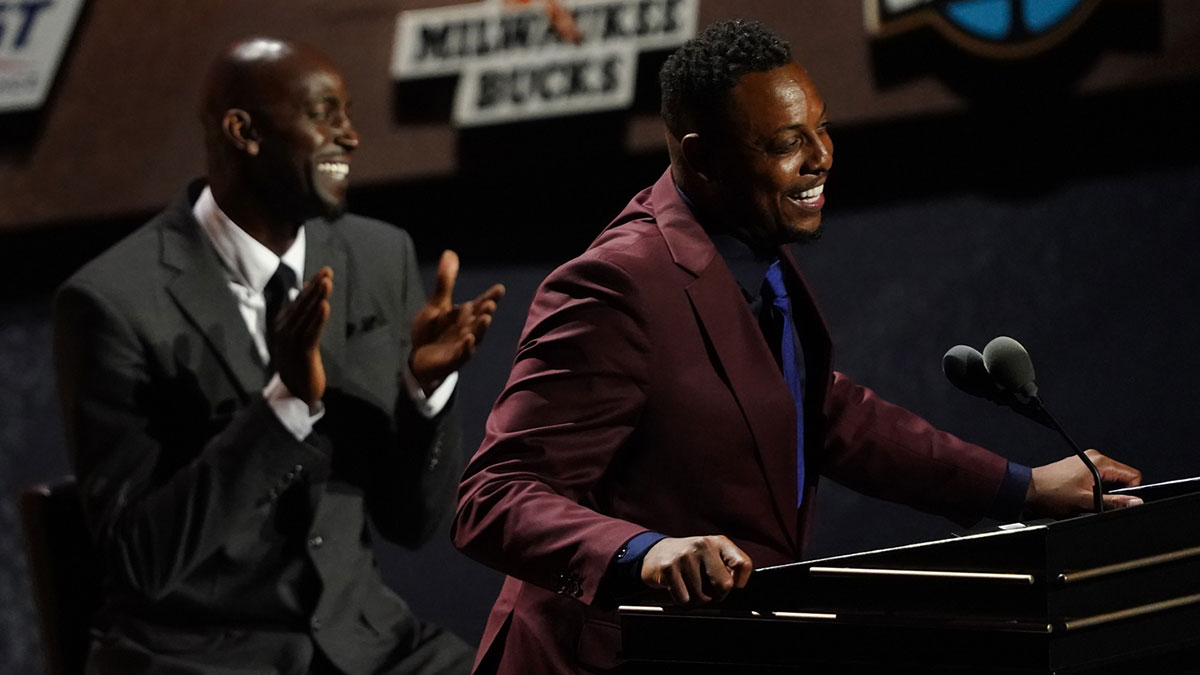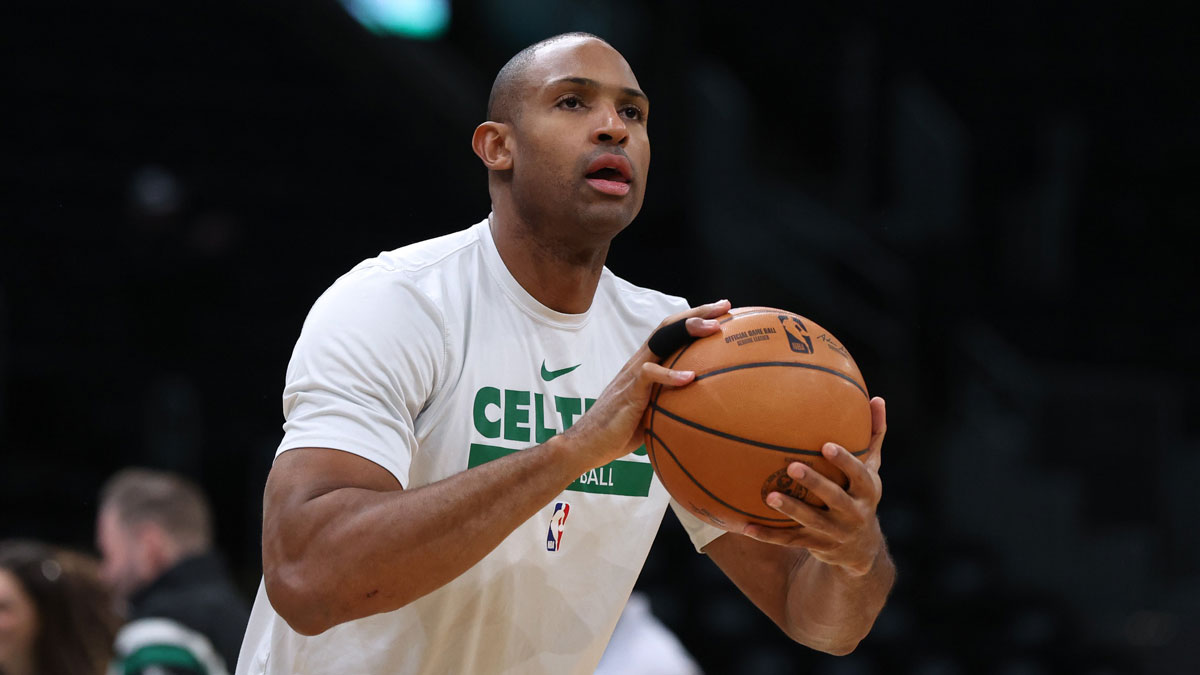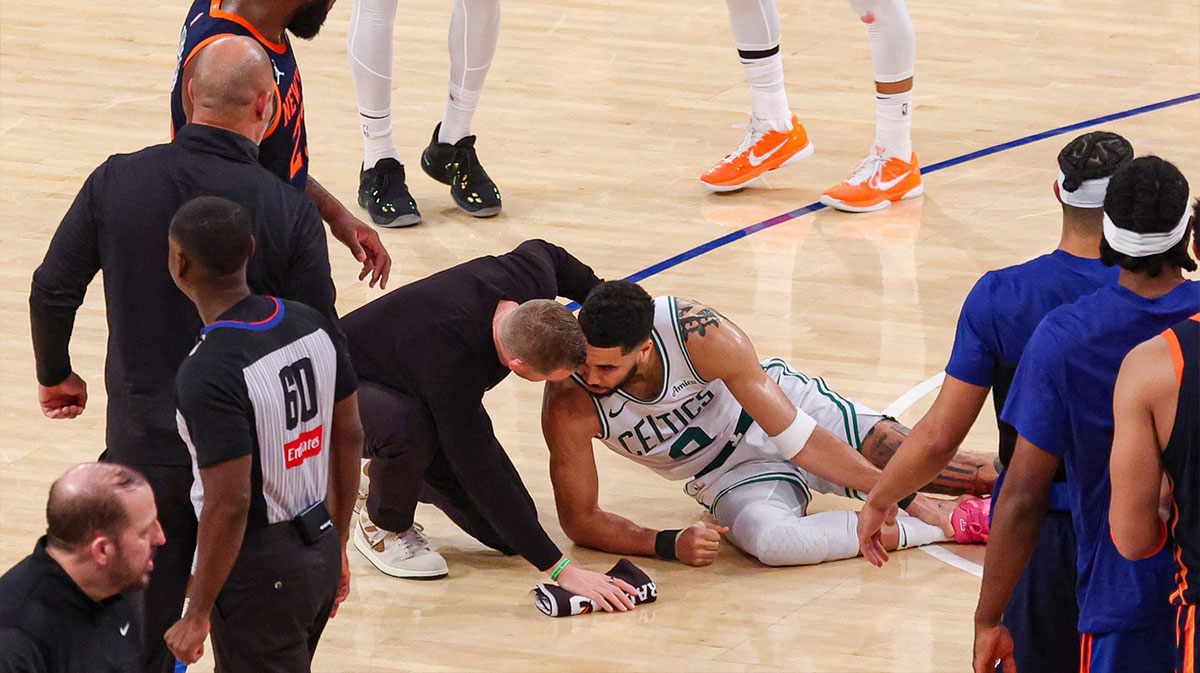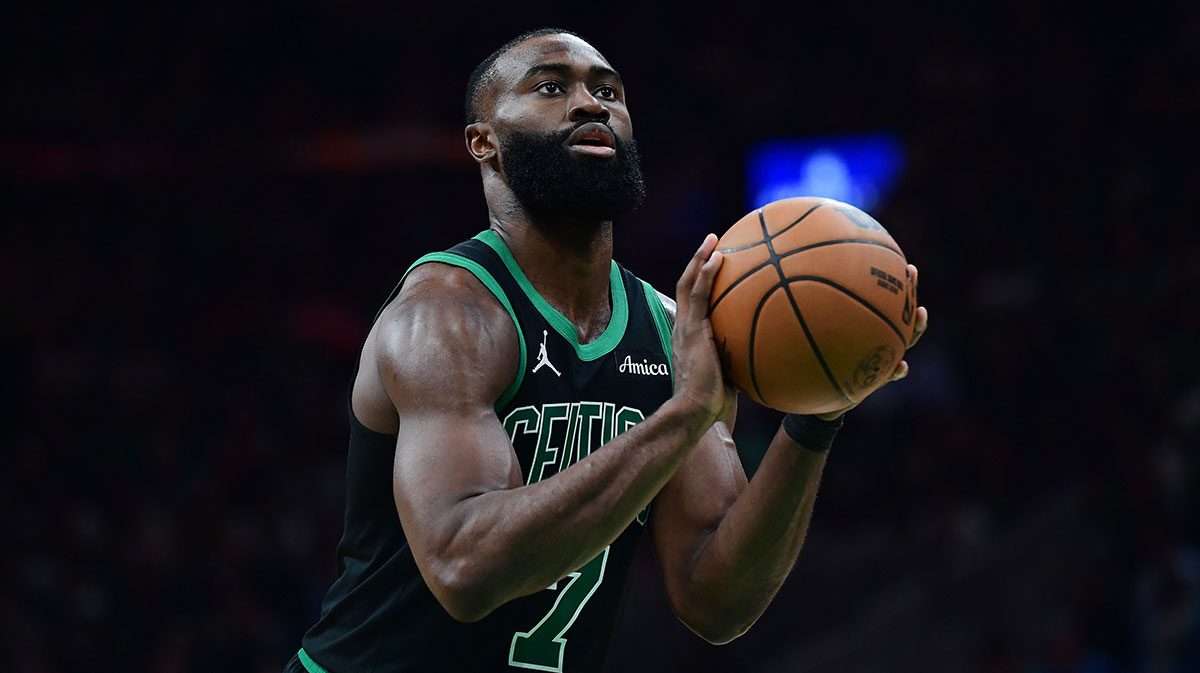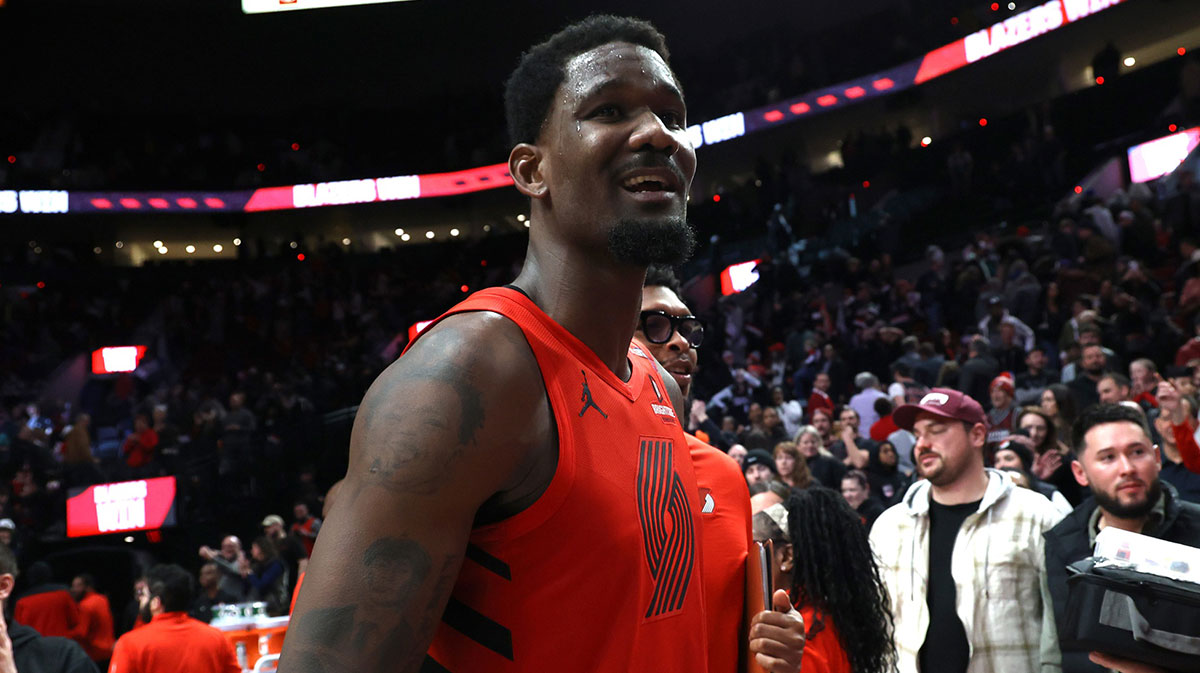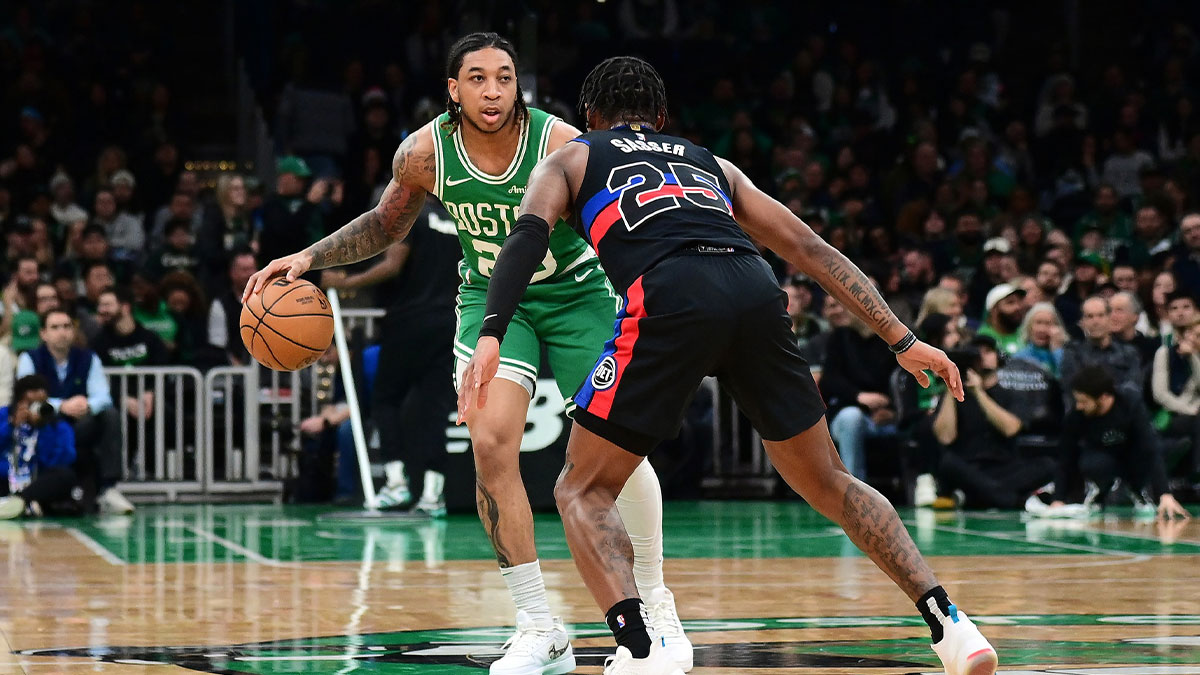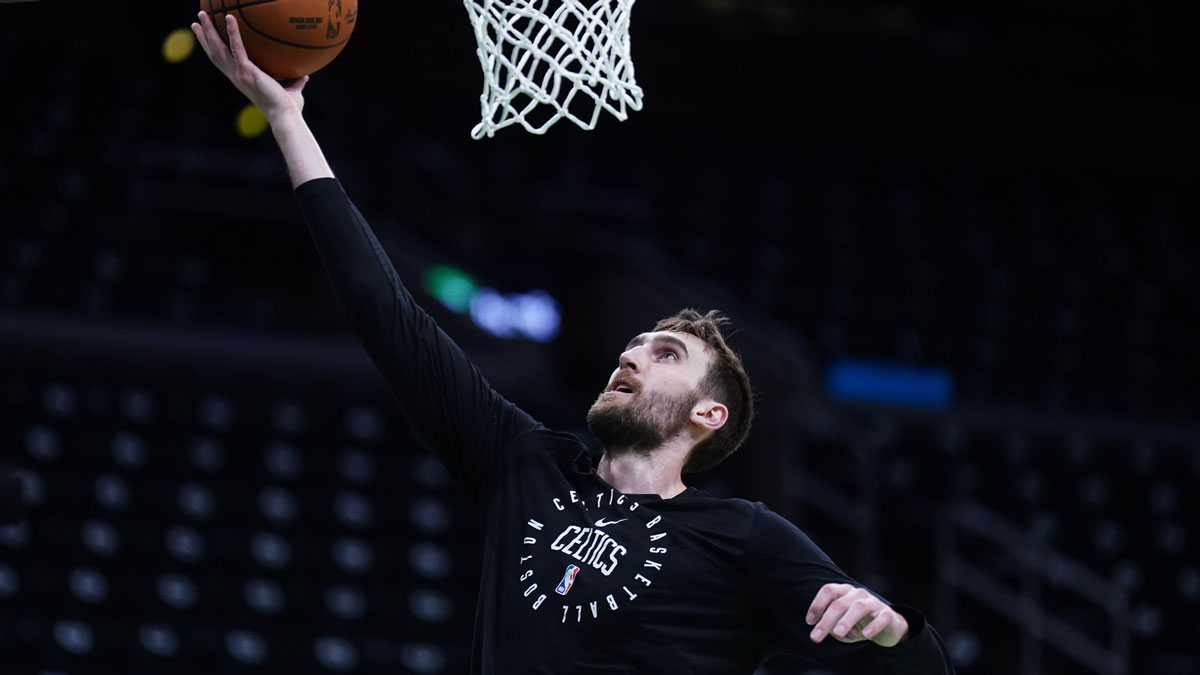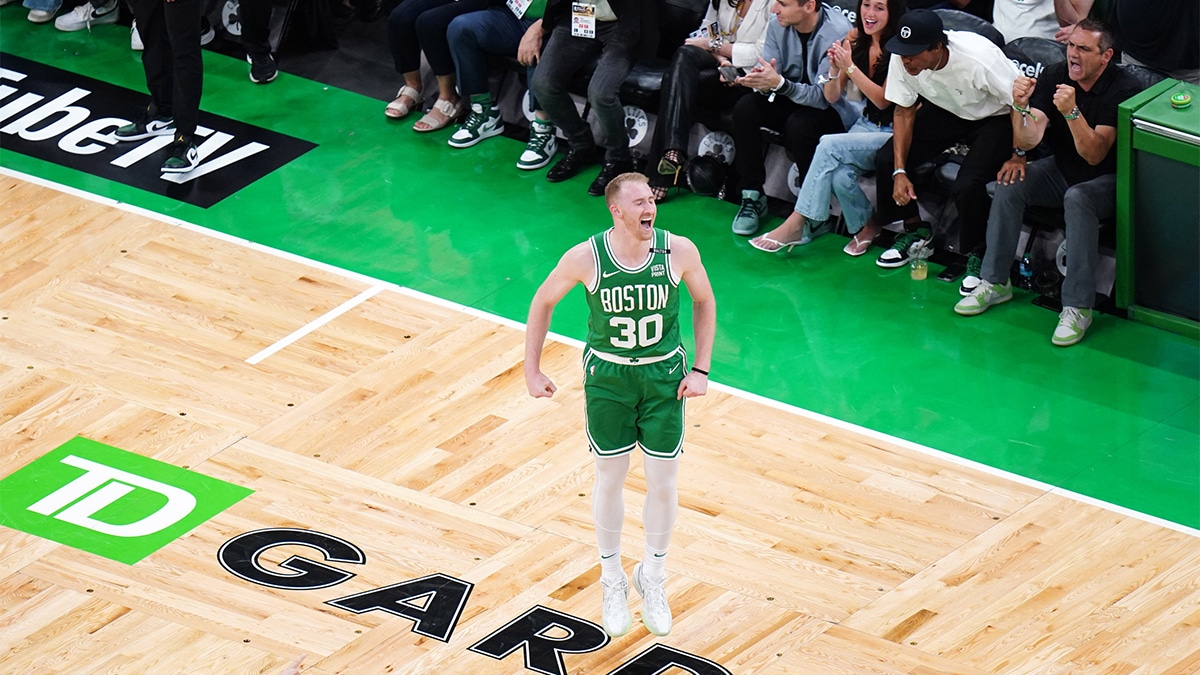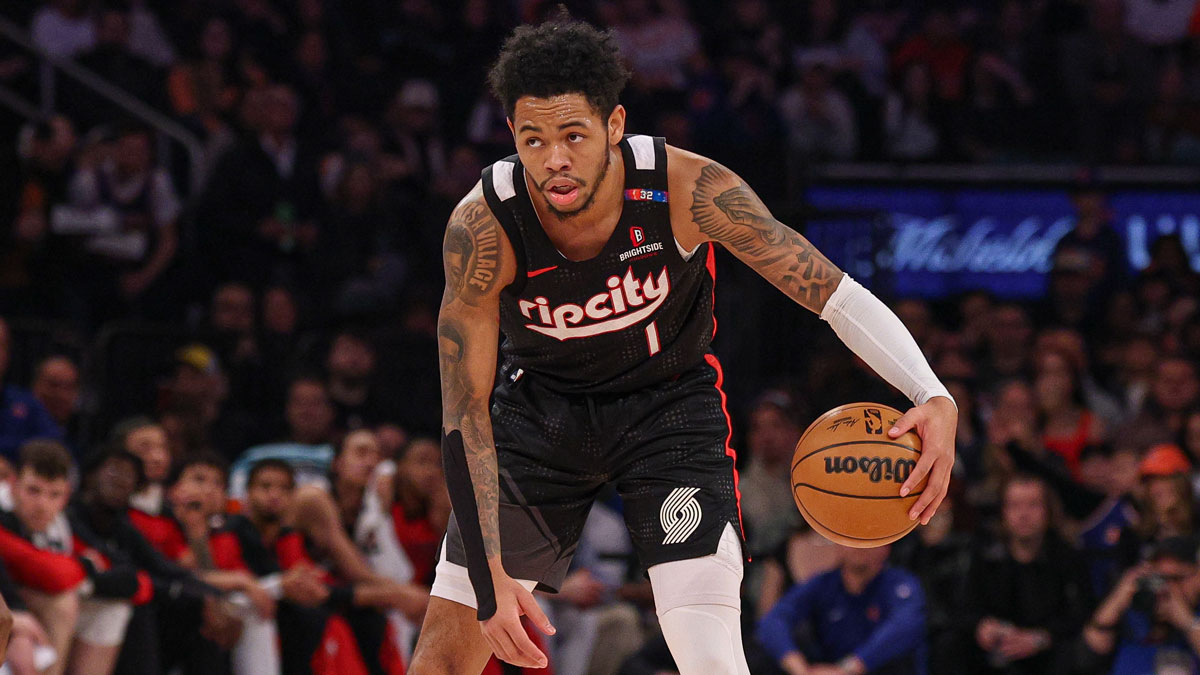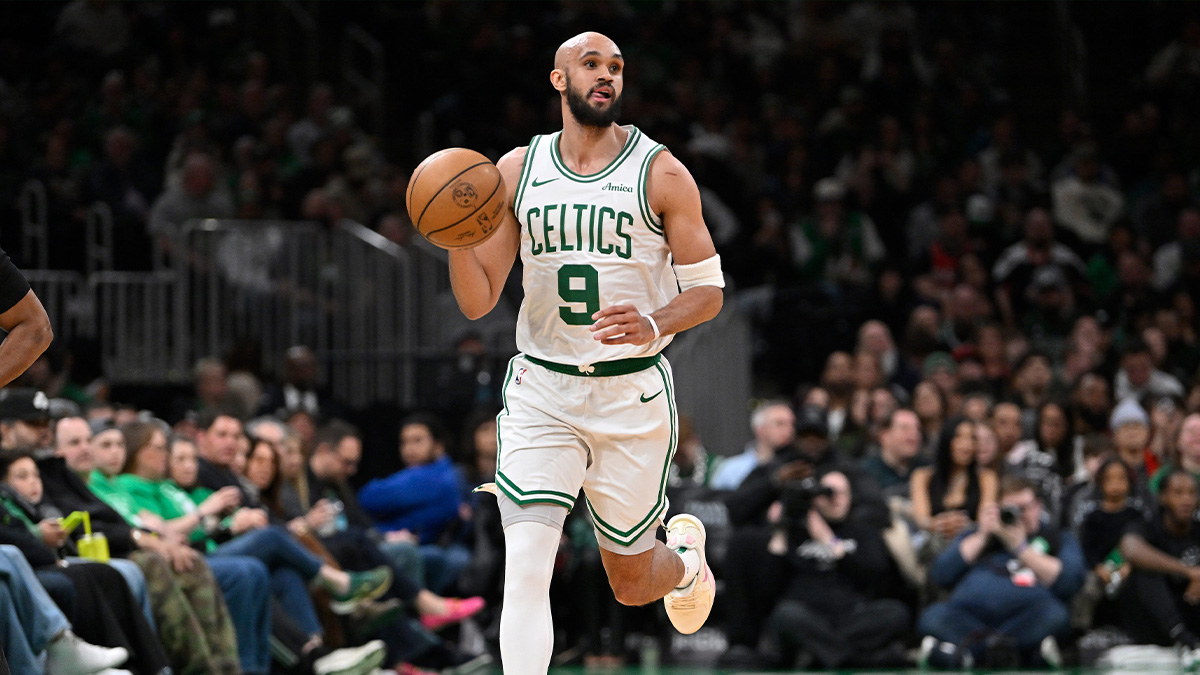After a report stating that Koby Altman and Danny Ainge are restarting negotiations regarding the Irving/Thomas trade, it can be assumed that Thomas’ hip injury has instilled less confidence for the Cavs following his physical. One key component of a trade revolves around the idea that both teams need to perform physical evaluations of the player before the trade is completed, and can void a trade if the team feels a player isn’t medically the same as was promised. Cleveland feels that Thomas would miss significant time due to his hip injury, which normally would be cause for concern and lead Cleveland to void the trade. However, due to some decisions made by the Celtics organization and media, Cleveland now holds incredible leverage in the move which could be translated into additional assets. As such, now seems like a perfect time to review what assets Boston can offer as sweeteners.
I’ve broken down Boston’s assets into three categories. “High End Assets” which include top five (or potential top five) picks which Ainge likely won’t touch. If Cleveland can negotiate one of these three assets away from Boston, Kobe Altman might garner Sam Hinkie-esque cult status. “Mid-Tier Assets” are what Cleveland are most likely targeting. These assets are late lottery draft picks in value, though some of these assets likely look more appealing than others. Finally “Second Round Picks/Cap Filler” is self-explanatory.
High End Assets
Jason Tatum
The Third overall pick in the 2017 NBA draft, Jason Tatum, looks to top out as a premier role-player in the NBA. Harrison Barns and Danny Granger comparisons don’t tend to scream “All-NBA”, but with Tatum a high floor and NBA-ready skillset provides any team an immediate bench contributor with a future as a mid-level starter. Boston seemed higher on Tatum than most others (nbadraft.net ranked him 7th on their big board), though he isn’t without value. For Cleveland, the versatile switching forward would slot well into the second unit next to Jae Crowder and Cedi Osman, or serve as a trade centrepiece for a young team with one contender-ready asset.
Jaylen Brown
Brown’s rookie campaign’s second half showed a consistency and improvement that should tantalize any potential suitors. Stats-wise, in only 16 minutes a game, Brown produced around 9 points a game, shooting 38% from three and a +10 plus/minus. More impressively, however, Brown did not look out of place on a contender. His versatility allows him to play the two, three and small-ball four and defensive poise was able to slow some of the league’s premier small forwards in Butler, George and James. Brown didn’t produce like many fans would expect a top three pick would generally look, but playing limited minutes on a fringe contender tends to not inflate a rookie’s stats.
LaKings Pick
A new, incredibly interesting dynamic was added to the new CBA regarding trading picks. Formerly, applying pick protections (the idea that if a traded pick lands with a predefined range, for example the lottery, it does not convert to its new team) were restricted to the original owner of a pick. For example, if Utah traded a pick to Portland, Utah would be the only one that could add protections, regardless of if Portland traded Utah’s pick in the future. The new CBA changes this restriction. Now, as long as a pick is unprotected, any team can add protections. Using our hypothetical example again, Utah sends Portland an unprotected pick, and now Portland trades that pick to Dallas, but they protect it between picks 1-5. In this scenario, if Utah wins the draft lottery, Portland now gets their pick back. This is the scenario Boston underwent when swapping their first overall pick with Philadelphia. Philly previously owned Both the LA Lakers 2018 unprotected first and Kings 2019 Unprotected first. Philly then was able to protect this pick for themselves due to the unrestricted nature. The conditions of the protection are as follows. If the pick is first overall or 6th-30th, the Lakers pick returns to Philly, and Boston receives the 2019 unprotected Kings first. If the pick does land between 2-5, Boston receives the pick. If the Lakers pick is traded, those protections carry over. It should be noted that if the Lakers pick does not convert, Boston (or potentially Cleveland) receives an unprotected Kings pick, which they can subsequently protect themselves.
The first overall pick protection was assigned by Philly as a condition to protect their potential to acquire game changing talent, however, the top-heavy nature of this upcoming NBA draft likely influenced Ainge to downward protect in case of Los Angeles beating expectations. With the Kings just starting their formal reset and rebuild, having the Kings pick as potential backup could potentially end up better than the Lakers selection.
Mid-Tier Assets
Memphis Pick
The dark horse of draft picks, Memphis could be primed for a rebuild after hitting the Western Conference’s second round wall. With the pick this year looking to fall in the late lottery, or just outside it, their prospects for 2019 may be to rebuild. That being said, Memphis has a complex protection structure on the pick, where it’s top 9 protected in 2019, top seven protected if it doesn’t convert in 2020 and unprotected in 2021 if the 2020 pick doesn’t convert. Assuming Memphis regresses slightly, this pick would represent a chance at late lottery talent.
Terry Rozier
The Cleveland native backup point guard (and my former high school peer), Rozier is jokingly considered on Danny Ainge’s “do not touch” list, as he has reportedly been the breaking point in several almost deals. The 16th overall pick was seen as a stretch when drafted in 2015, though has become a capable backup point guard. His usefulness to Cleveland is low, as Cleveland currently has four point guards on the roster, though he could generate interest around the league and could be part of a subsequent package.
Marcus Smart
The oversized backup point guard/shooting guard looks to be a critical member of the Celtics depth after the departure of Avery Bradley. That said, no asset is truly untouchable, and Smart would make an excellent complimentary piece on Cleveland’s second unit.
Clippers Pick
The Los Angeles Clippers pick may have lost significant value after the Chris Paul trade due to its protections. LAC has their pick lottery protected, which means to have it convert in 2019, the Clippers would need to perform better than half of the league’s teams. Otherwise the same protections apply in 2020 and if that fails to convert the pick becomes LAC’s 2022 second round selection. Possibly a healthy Blake Griffin and DeAndre Jordan would make this a possibility, but Griffin’s health record and Jordan potentially leaving the franchise would hinder them and likely encourage a rebuild.
Second Round Picks/Cap Filler
Miami 2020 second round pick
All of Miami’s big contracts come off the books in 2020, giving them ample cap room. Whether they decide to then spend on any blockbuster free agents available, or to restart a rebuild at that point would likely determine how valuable this pick will be. This, along with the other second round selections would likely be added on top of something else as additional sweetener and not a true upgrade.
Their Own Seconds
Boston controls all of their own second round picks. As mentioned above seconds are generally used to improve a negotiation, and these would be no different. With Brown/Tatum/Irving all seemingly going to enter their primes around 2020, and Hayward/Horford/Irving keeping the team competitive until then, expect any front office to value these picks somewhere in the mid 50’s.
Abdel Nader
Last year’s NBA G-League MVP was signed to a four year, rookie scale contract. Likely his ceiling is somewhere around a role-player, but if Boston needs to add additional salary either to take on Cleveland’s bad salary, or for other reasons, Nader could be a prime candidate to be sent out.
Semi Ojeleye
Ojeleye was the 36th pick in the 2017 NBA draft. Also signed on to a four year rookie scale, see the above briefing on any reason he’d be traded.

